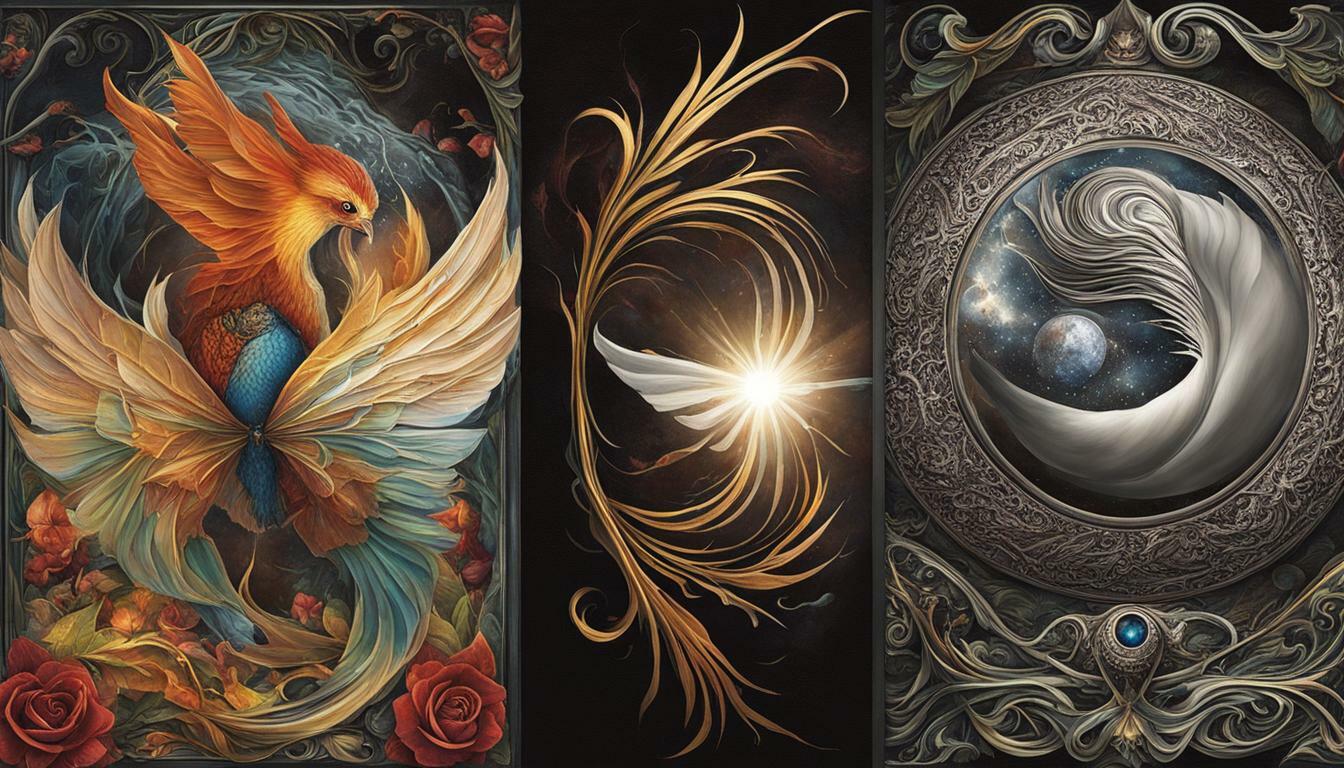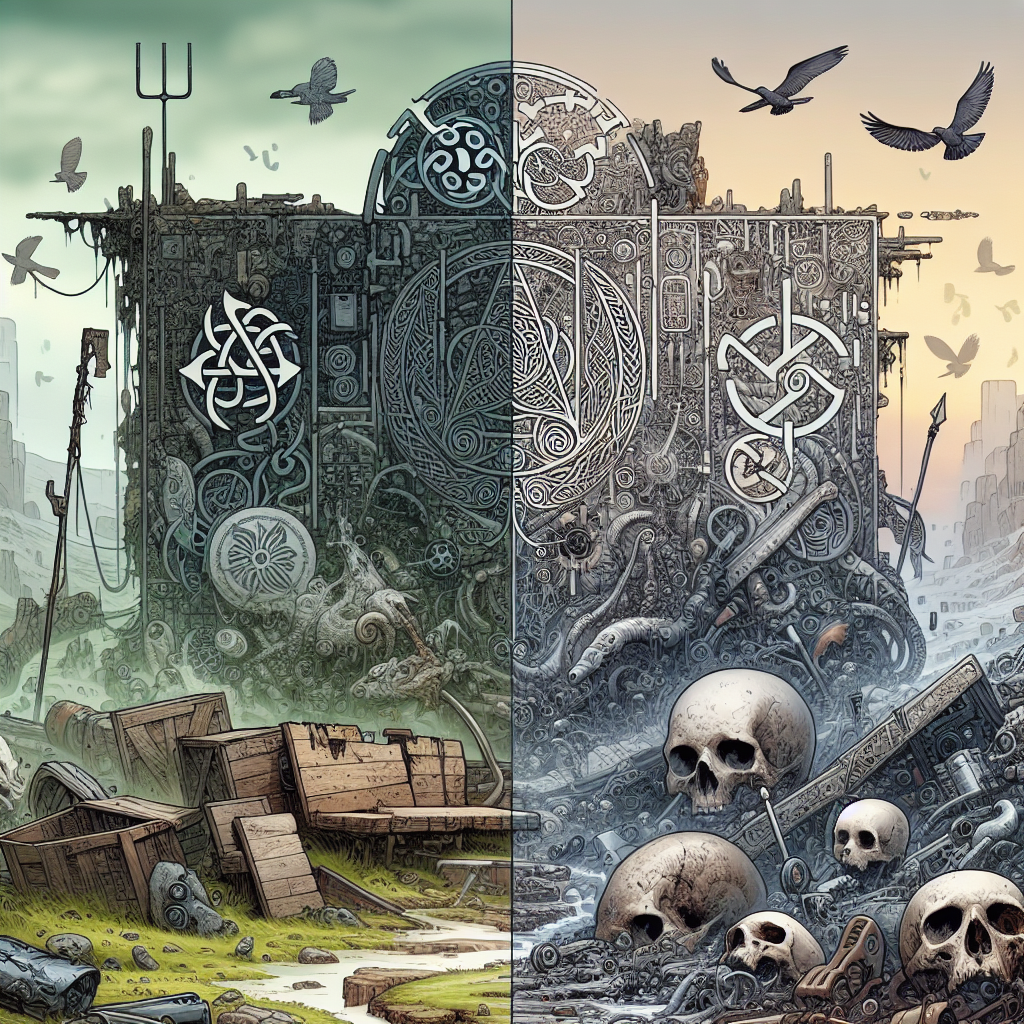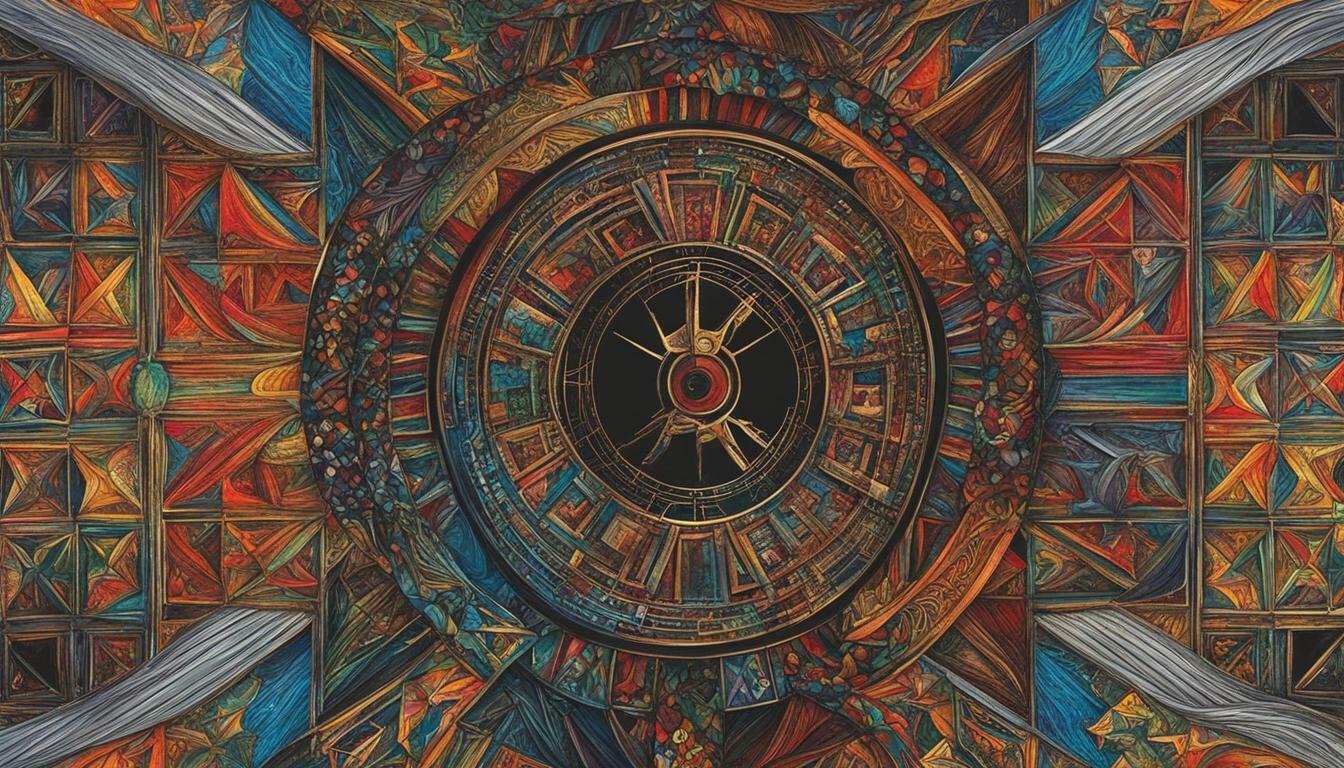Have you ever wondered about the difference between rebirth and reincarnation? While these terms may seem interchangeable, they actually have distinct meanings and concepts in various religious and philosophical traditions.
Rebirth refers to the idea of a continuous cycle of birth, death, and rebirth, where the soul or consciousness transitions from one body to another. This concept is prevalent in many Eastern religions, such as Hinduism and Buddhism, as well as some Western philosophical schools.
Reincarnation, on the other hand, suggests that the soul or consciousness is reborn into a new body after physical death, typically with the aim of achieving spiritual growth or fulfilling a karmic debt. This idea is most commonly associated with Hinduism and various New Age beliefs.
While these concepts may seem similar at first, they have distinct philosophical underpinnings and interpretations that set them apart from one another. In this article, we’ll delve into the meanings and teachings of rebirth and reincarnation, exploring their similarities and differences.
Key Takeaways
- Rebirth and reincarnation are two distinct concepts that refer to the cycle of birth, death, and rebirth.
- Rebirth is a continuous cycle of rebirth, death, and rebirth of the soul or consciousness in various cultures and religions.
- Reincarnation suggests that the soul or consciousness is reborn into a new body after physical death with the aim of achieving spiritual growth or fulfilling a karmic debt.
Understanding Rebirth
Rebirth is a concept that is deeply ingrained in many religions and spiritual traditions. The meaning of rebirth varies depending on the context, but it generally refers to the idea that after death, a person’s soul is reincarnated into another body. This cycle of birth, death, and rebirth goes on indefinitely, until the soul attains enlightenment and breaks free from the cycle.
The concept of rebirth is central to many Eastern religions, such as Hinduism and Buddhism. In Hinduism, rebirth is viewed as a natural process that is governed by the law of karma, which states that every action has a consequence. According to Hindu beliefs, the soul is reborn into a new body based on the accumulated karma from past lives. In Buddhism, rebirth is seen as a continuation of the same consciousness, rather than a soul moving into a new body. Buddhists believe that the cause of rebirth is ignorance of the true nature of reality.
The concept of rebirth has also been present in Western religions, such as Christianity and Judaism, although it is not as widely accepted. In Christianity, the idea of rebirth is associated with spiritual rebirth, which refers to the process of being spiritually transformed through faith in Jesus Christ. In Judaism, a similar concept exists in the form of reincarnation, although it is not a widely accepted belief.
Overall, the meaning of rebirth varies depending on the religious or philosophical context in which it is used. Regardless of the specific interpretation, however, rebirth is typically associated with the idea of spiritual evolution and the cycle of life.
Exploring Reincarnation
Reincarnation refers to the rebirth of a soul or spirit after the death of the body. In this concept, the soul is believed to move on to another body. Reincarnation is a belief shared by various religions and philosophical traditions across the world.
The concept of reincarnation has been present in different forms throughout history. In Hinduism, reincarnation is known as “samsara,” and it is believed that the soul travels through a cycle of birth, death, and rebirth until it reaches liberation. In Buddhism, reincarnation is also known as “samsara,” and it is seen as a cycle of suffering that can be overcome through enlightenment.
Reincarnation is also a central tenet in some African and indigenous religions. In these traditions, the ancestors are believed to continue to exist in the spirit world and can influence the lives of the living. In many cases, the living will seek guidance and assistance from the ancestors through prayer or ritual.
The concept of reincarnation is also present in some Western philosophical traditions, such as the teachings of Pythagoras and the writings of Plato. In these traditions, the soul is seen as immortal and capable of multiple lifetimes.
Despite its prevalence across different religions and cultures, the concept of reincarnation remains far from universally accepted. Some skeptics view it as a myth or a superstition, with no scientific evidence to support its validity. Nonetheless, the idea of reincarnation continues to captivate the imagination of many people, offering a unique perspective on the mysteries of life, death, and the afterlife.
Key Differences Between Rebirth and Reincarnation
While rebirth and reincarnation share some similarities, they have fundamental differences that set them apart.
| Rebirth | Reincarnation |
|---|---|
| Rebirth is the belief that the soul or consciousness is reborn into a new body or form after death. The new form may be human or non-human. | Reincarnation is the belief that the soul or consciousness is reborn into a new body after death, and the new body is always human. |
| Rebirth is often associated with Eastern religions and philosophical traditions, such as Hinduism and Buddhism. | Reincarnation is also found in Eastern religions, but it is also a prominent belief in some Western religions, such as Theosophy and Spiritism. |
| Rebirth suggests that the soul is not permanent and can be reborn into many forms or bodies based on its karmic energy. | Reincarnation suggests that the soul is eternal and is reborn into a new body as a means of spiritual evolution and growth. |
| Rebirth often emphasizes the idea of breaking free from the cycle of birth and death, achieving enlightenment, and reaching a state of liberation or unity with the divine. | Reincarnation often emphasizes the idea of personal growth and learning lessons across multiple lifetimes to eventually achieve spiritual perfection or unity with the divine. |
Understanding these differences is crucial in comprehending the diverse religious and philosophical beliefs surrounding these concepts. While rebirth and reincarnation may share similar themes and ideas, their differing perspectives on the soul and its afterlife journey significantly set them apart.
Similarities Between Rebirth and Reincarnation
Despite the differences between rebirth and reincarnation, there are also some striking similarities that connect these two philosophies. Let’s explore some of these similarities:
- Cycle of life: Both rebirth and reincarnation subscribe to the idea that life is a cycle that repeats itself. According to these philosophies, death is not the end of life, but rather a transition from one stage to the next.
- Spiritual evolution: Both concepts are concerned with spiritual growth and development. They acknowledge that life is a journey of learning and self-discovery, and that each lifetime presents an opportunity for personal growth.
- Karma: Rebirth and reincarnation both hold the belief that our actions have consequences, and that we are responsible for the choices we make. The concept of karma is present in both, as it is believed that our present actions affect our future lives.
Overall, the similarities between these two concepts demonstrate a shared focus on the cyclical nature of life, the importance of personal growth and spiritual evolution, and the concept of karma.
Conclusion
In conclusion, understanding the difference between rebirth and reincarnation can help us gain deeper insights into the diverse beliefs and philosophies surrounding the cycle of life and the afterlife. While rebirth refers to the concept of a continuous cycle of death and rebirth, reincarnation involves the transmigration of the soul from one body to another.
Despite their conceptual differences, rebirth and reincarnation share several common themes, such as the cycle of life and the idea of spiritual evolution. Both concepts emphasize the importance of personal growth and the need to break free from the cycle of suffering.
By exploring these concepts in different religious and philosophical contexts, we can gain a greater appreciation for their significance and the impact they have on the way we view life and death. So, whether you believe in rebirth, reincarnation, or something entirely different, understanding the fundamental differences between these concepts can help you gain a better understanding of yourself and the world around you.
FAQ
Q: What is the difference between rebirth and reincarnation?
A: Rebirth refers to the belief that after death, an individual is born again in a new form or body, while reincarnation involves the soul or consciousness being reborn into a new body or life.
Q: What is the meaning of rebirth?
A: Rebirth holds various interpretations in different religions and spiritual traditions. It can represent a fresh start, personal growth, or the continuation of the cycle of life.
Q: What is the definition of reincarnation?
A: Reincarnation is the belief in the rebirth of the soul or consciousness into a new body or life after death. It suggests that individuals have multiple lives and opportunities for spiritual development.
Q: What are the key differences between rebirth and reincarnation?
A: The fundamental differences lie in their conceptualizations. Rebirth focuses on the individual being born again in a new form, while reincarnation emphasizes the soul or consciousness being reborn into a new body or life. Their philosophical underpinnings, views on the soul, and implications for personal growth also differ.
Q: What are the similarities between rebirth and reincarnation?
A: Despite their differences, rebirth and reincarnation share common themes. They both involve the idea of the cycle of life and the possibility of spiritual evolution. Both concepts reflect a belief in the continuation of existence beyond death.
Q: What have we learned about the difference between rebirth and reincarnation?
A: By exploring the meanings, differences, and shared aspects of rebirth and reincarnation, we have gained deeper insights into the diverse beliefs and philosophies surrounding the cycle of life and the afterlife.
 Skip to main content
Skip to main content


